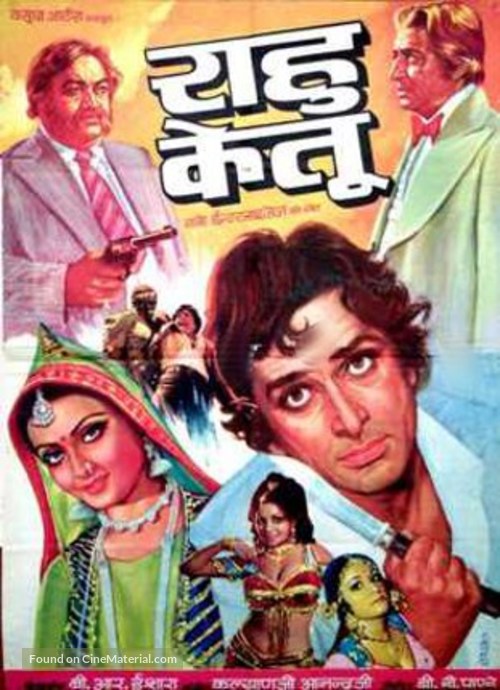This review contains spoilers.
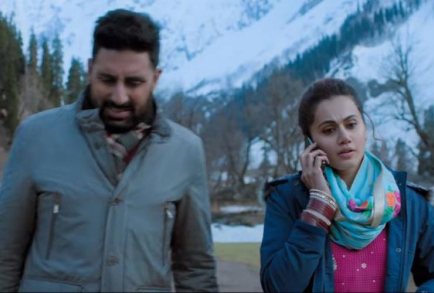
Manmarziyan opens with a shot of the Golden Temple, the sort of thing that in recent times has been one of the lazier clichés in Hindi cinema: if Sikhs are involved (and sometimes even when they aren’t), Amritsar’s sacred shrine is a given. However, the vantage point here is a bit different, enabling the viewer to take in not only the iconic building, but also an incongruous neon sign perched on top. One is almost tempted to say it doesn’t belong, except that in India, it sort of does.
That opening shot, if re-visited after the end credits have rolled, tells you a lot about director Anurag Kashyap’s aims in taking up one of the most hackneyed Bolly-genres of all – The Love Triangle – and in trying to give it his own twist. That is, Kashyap scrupulously adheres to the genre’s conventions in several respects Continue reading





 Oppenheimer / 2023
Oppenheimer / 2023
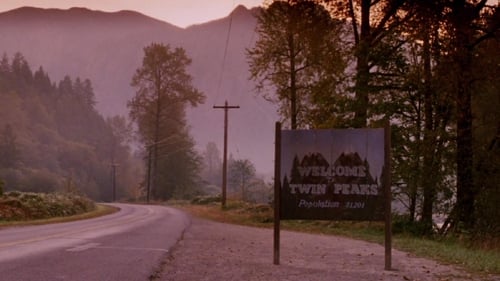 Twin Peaks / 1990-91
Twin Peaks / 1990-91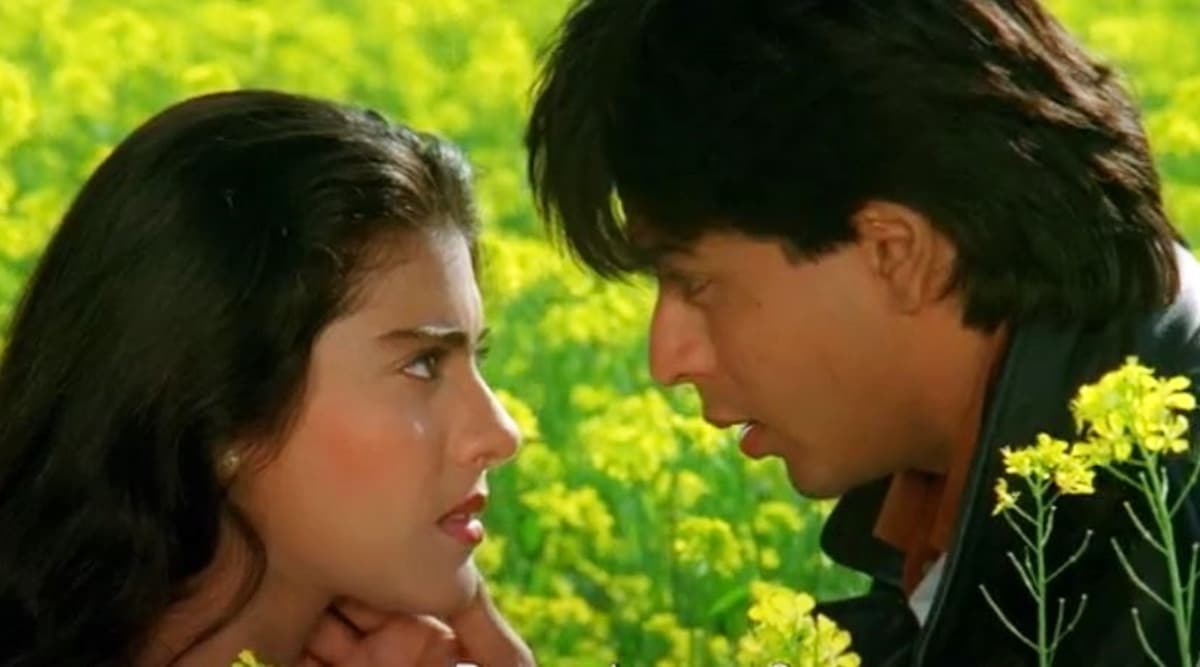
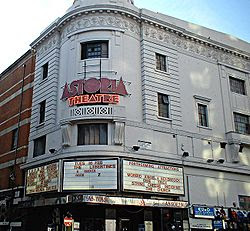
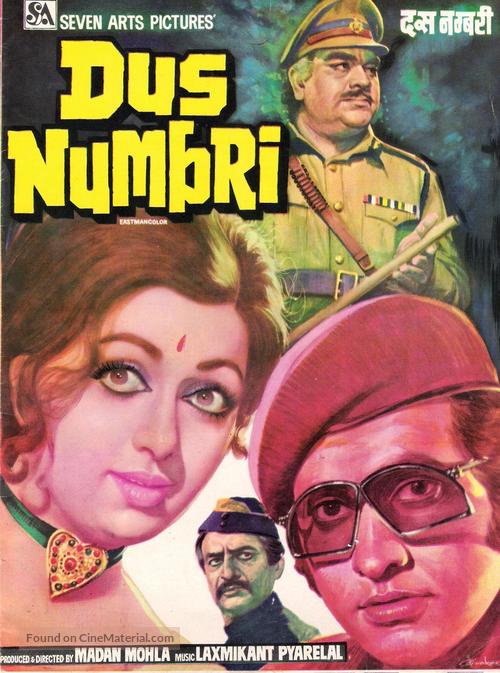
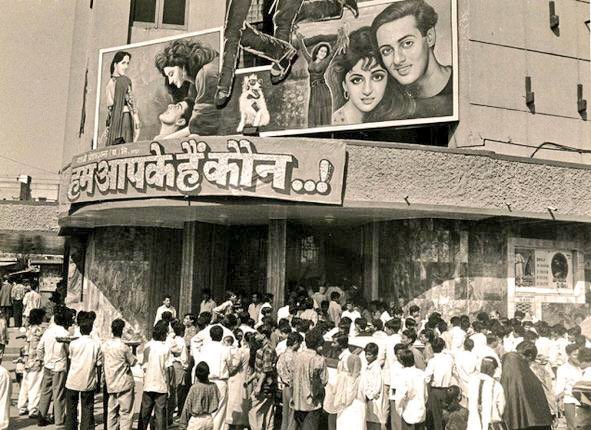
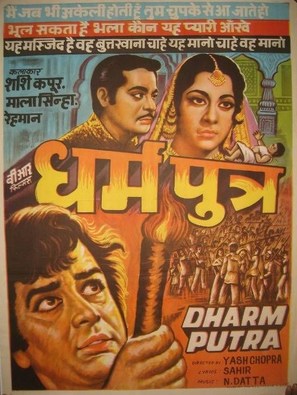
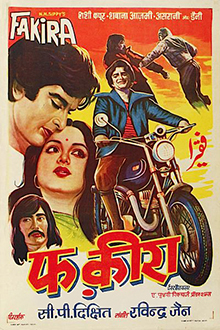
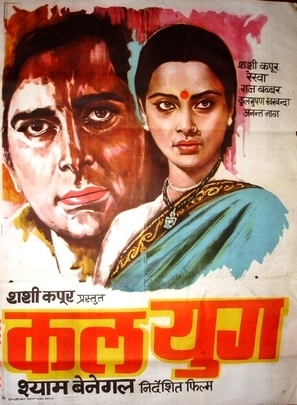


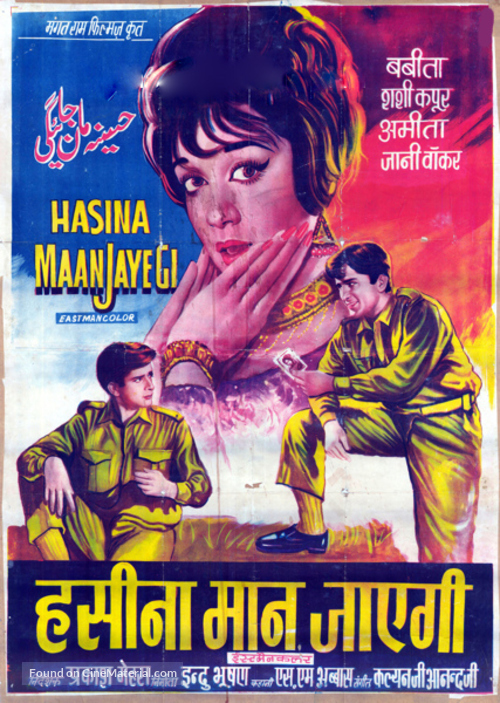



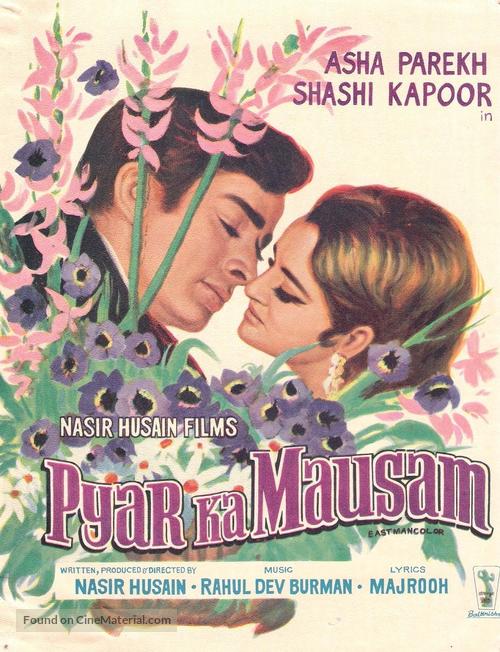
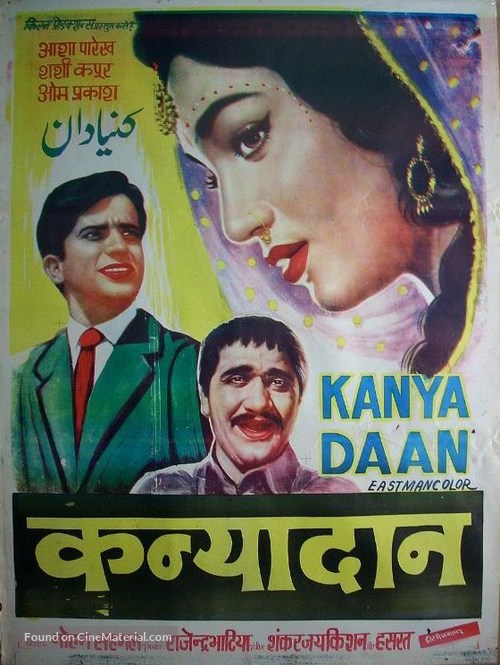

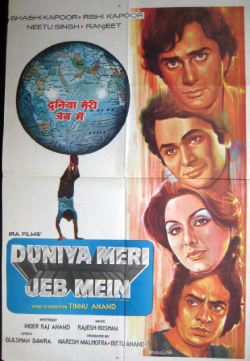

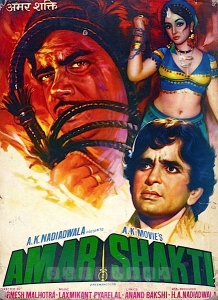
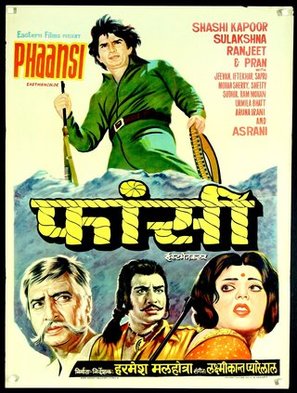





.jpg)

